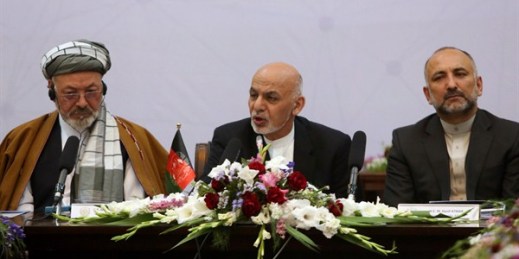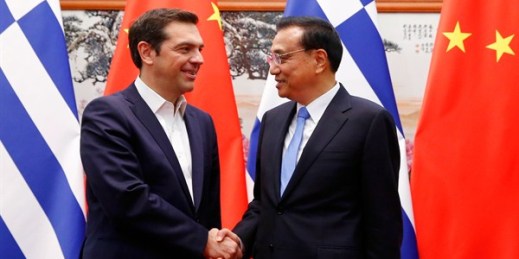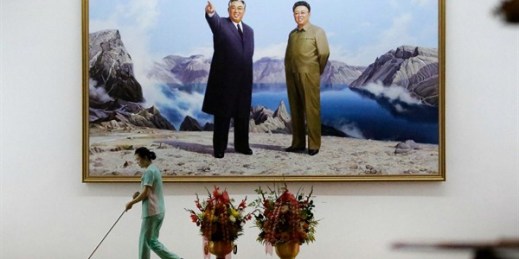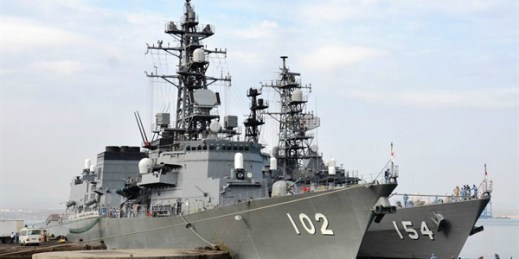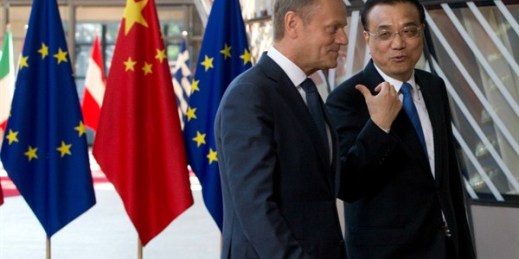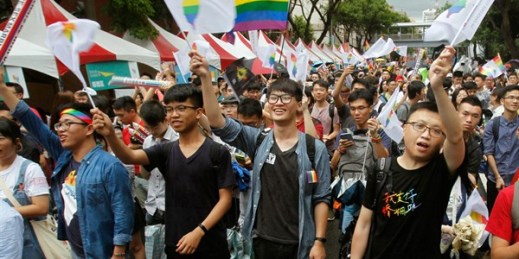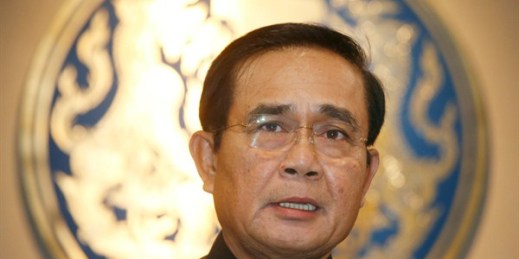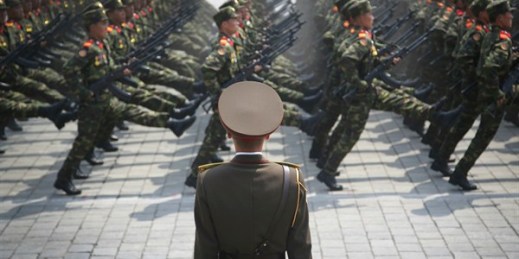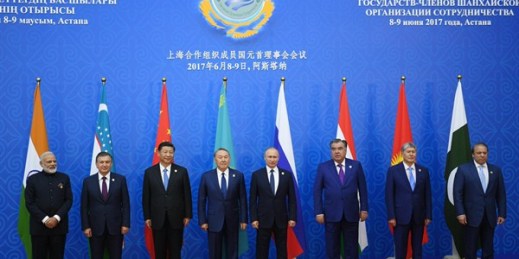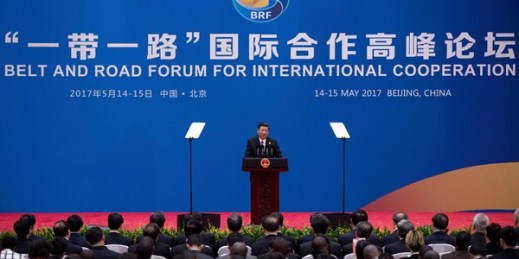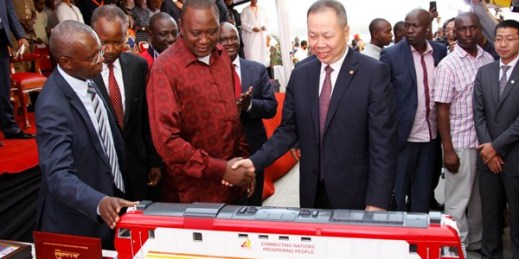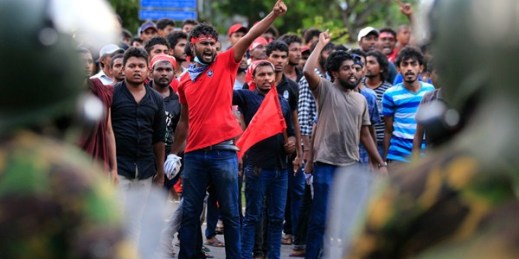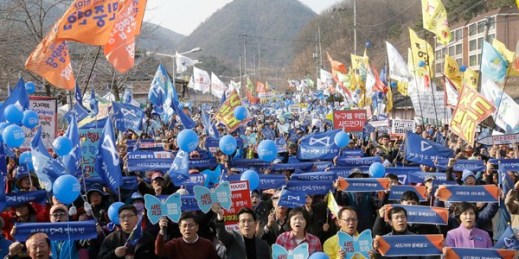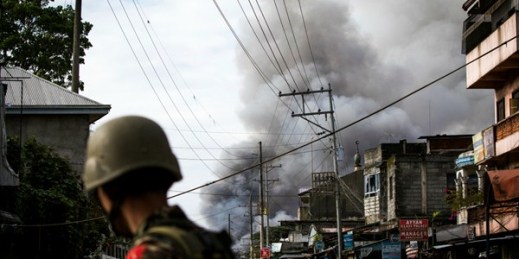
On May 23, militants linked to the self-proclaimed Islamic State ambushed soldiers in the southern Philippines seeking to apprehend Isnilon Hapilon, the leader of the Islamic State’s affiliates in Southeast Asia. Within a matter of hours, over 400 militants from the Maute Group had completely seized the city of Marawi, launching a major operation to occupy city buildings, recruit sympathetic locals, take hostages and project the power of the Islamic State. The seizure of Marawi represents the greatest challenge Philippine President Rodrigo Duterte has faced since taking office last year, and one of the most significant and concerted attempts by […]

